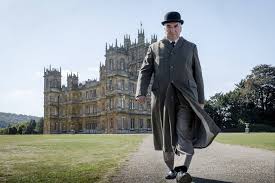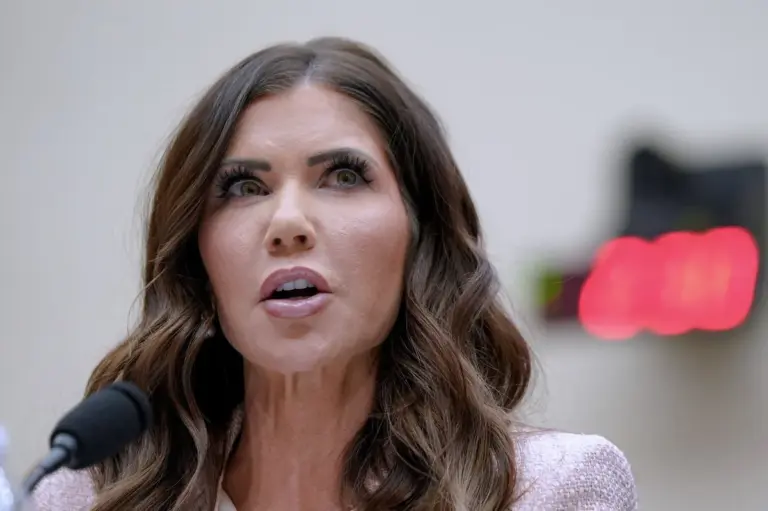
Introduction
Since its debut in 2010, Downton Abbey has captivated audiences worldwide, becoming a critical and cultural phenomenon. The British historical drama series, created by Julian Fellowes, not only garnered an extensive fan base but also highlighted the societal shifts of the early 20th century. The continued relevance of Downton Abbey is evident in its persistent discussions surrounding class, family dynamics, and gender roles, making it an essential topic in contemporary media studies.
Significance and Popularity
Downton Abbey follows the aristocratic Crawley family and their domestic servants, exploring the intersections of their lives against the backdrop of monumental historical events such as World War I and the change brought about by the suffragette movement. Audiences praised the show for its rich storytelling and character development, as well as its ability to humanize both the gentry and the working class. In 2011, it was nominated for the Emmy Award for Outstanding Drama Series, foreshadowing its influence in the television landscape.
Furthermore, the series has sparked significant interest in British heritage and historical exploration. Locations used in the series, such as Highclere Castle, have seen a surge in tourism, attracting fans who wish to step into the world of their favorite characters. The show’s success led to a film adaptation in 2019, which continued the storylines of beloved characters and introduced new faces, ensuring that its legacy persists.
Current Events and Adaptations
The impact of Downton Abbey is still resonating, with a recent announcement for a second film sequel that will further explore the lives of its characters. The excitement surrounding this news emphasizes the show’s lasting grip on audiences and its ability to adapt to existing cultural contexts. Additionally, with the rise of streaming platforms, the series has gained new viewers who may not have experienced it during its initial run, further expanding its influence.
Conclusion
As discussions about social class and historical representation continue to evolve in media today, Downton Abbey serves as a case study in storytelling that resonates across generations. Its blend of personal and political narratives captures a transformative period in history, highlighting the relevance of familial and societal ties. Looking forward, the continued exploration of its themes in modern adaptations and discussions will ensure that Downton Abbey retains its place in the annals of television history.



